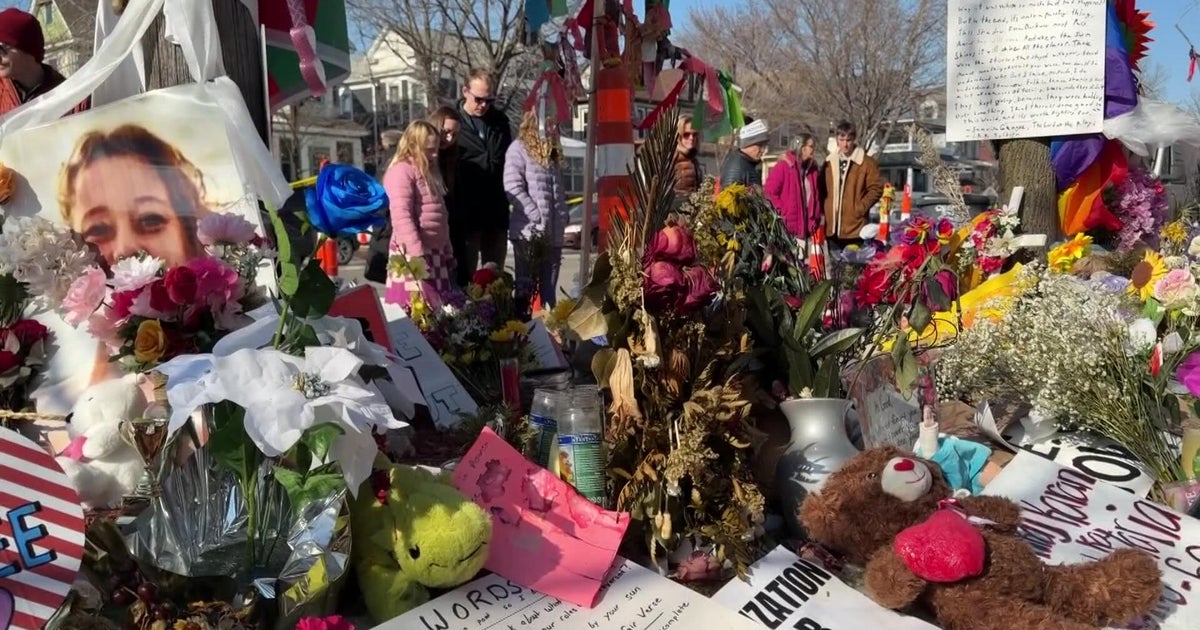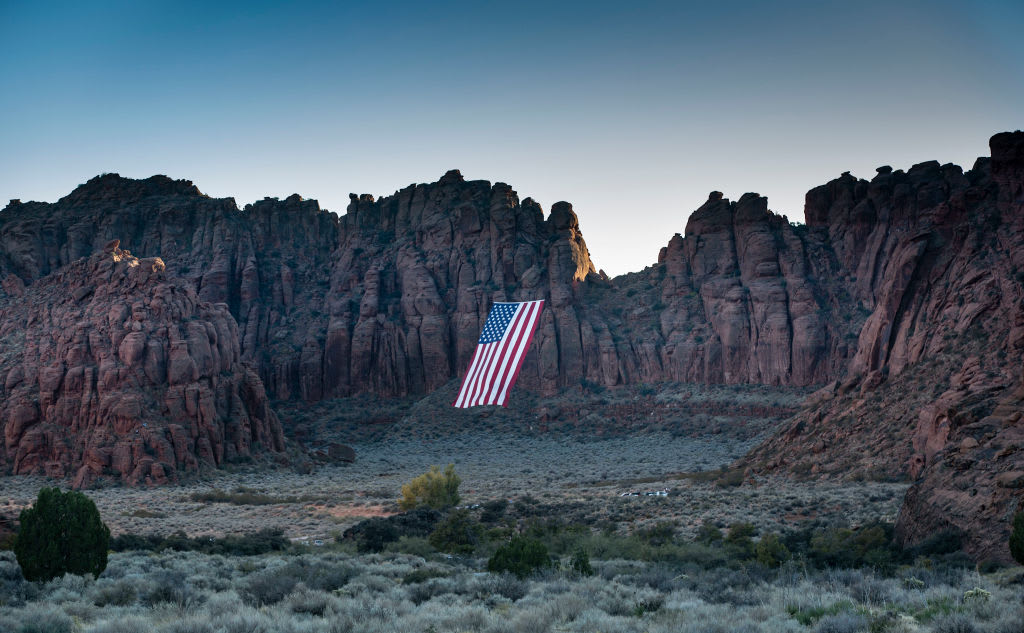Indigenous Americans call for justice over residential schools
Canadians are confronting an ugly truth. For more than a century, their government separated Indigenous children from their parents and placed them in residential schools where they were forced to assimilate. Hundreds did not survive.
Similar schools also existed in the U.S.
After the horrors and unexplained deaths recently revealed at former Indigenous residential schools in Canada, come renewed calls for justice at more than 350 similar schools in the U.S.
"There are many, many lives affected here," said Willie Johnson. "Not only from the students that perished here, but their descendants."
Johnson belongs to the Saginaw Chippewa tribe. He and the tribe are leading the drive to educate the public on what happened at the Mount Pleasant Indian Industrial Boarding School in central Michigan.
The school was run by the federal government and, like its counterparts, aimed to aggressively assimilate children to non-native culture. About 12,000 Indigenous children passed through before it closed in 1934.
"If we can imagine some of the students being as young as 2 years old, being away from your family, learning to be assimilated into the White culture was very devastating for many young people," Johnson said.
The tribe says many of the students suffered severe emotional and physical abuse, just as in Canada, and hundreds died.
Paul Walker is also Saginaw Chippewa. His grandfather was sent to Mt. Pleasant.
His father was forced to attend a boarding school in northern Michigan called Holy Childhood of Jesus, run by the Catholic Church.
So too did Walker and his five siblings. He attended the school from first through fifth grade.
Walker remembers his trip to Holy Childhood starting with an ultimatum to his mother.
"They came and told my mother that we had to go somewhere, that she'd never see us again," he said. "So they basically threatened to put us up for adoption, which happened a lot in the '70s, even in the '80s."
Walker's memories of his time at the school are filled with physical and mental trauma.
"We weren't allowed to speak our native language," Walker said. "We were told that we weren't worth anything. We were never going to amount to anything. We were dirty."
He said the whole point of the school was to "strip us of our culture. It was a form of cultural genocide. That's what it was, basically."
Interior Secretary Deb Haaland, who is the first Native American cabinet member, recently announced a new investigation into abuse the schools — which operated for over a century, and at one point held and estimated 60,000 Native American children.
Walker says his painful past led him to embrace his heritage. But for him, the burden remains heavy.
"It's heartbreaking, but for myself, I have a sense of guilt," he said. "I'm a survivor, I'm still here. I'm successful with what I do. I'm successful with who I've become. I feel for the ones that didn't, that couldn't."
A lasting reminder of the stark truths and injustice passed down for generations.



